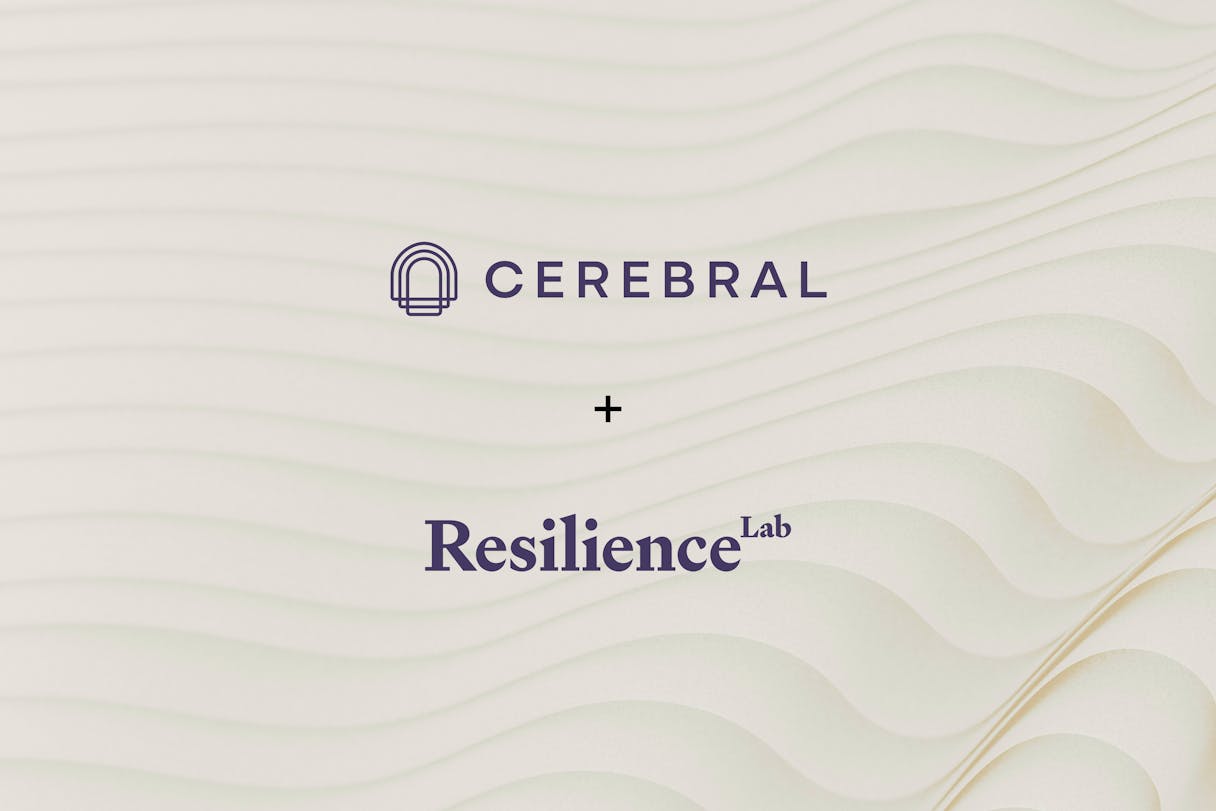Therapy is a complex and often misunderstood aspect of modern mental healthcare. As the destigmatization of mental health has grown, so too has the interest and awareness of therapy.
However, with this comes a range of myths and misunderstandings that could be preventing people from seeking the help they need.
Busting seven all-too-common myths, this article serves as an essential guide for anyone curious about therapy and mental health.
Myth 1: Therapy is only for people with severe mental illness
Up until recent decades, mental health treatment was often reserved for severe or acute psychiatric conditions. That could be where this misconception comes from, but there also still can be a limited understanding of the scope and purpose of therapy.
This myth is one of the most damaging ones, as it overshadows the everyday benefits of therapy and creates a barrier for many individuals who may be in need of help but do not feel like their problems are ‘serious enough.’
Fact: Therapy can help you with a wide range of issues
The truth is, therapy can benefit anyone who wants to understand themselves better or improve their life in any way. In-person and virtual therapists are equipped to tackle a vast array of issues, from everyday stress to diagnosable mental health conditions.
The bottom line: It's not about the severity of the problem; it's about the opportunity for growth and healing that therapy provides.
Myth 2: People will think I’m crazy or weak if I go to therapy
Historically, mental health issues have been cloaked in shame and secrecy, leading to the erroneous belief that needing psychological help equates to a personal failing or a lack of mental stability.
This notion is magnified by cultural narratives that valorize self-reliance and position emotional vulnerability as a weakness. These harmful misconceptions can discourage people from seeking the help they need, fearing judgment or ostracization from others.
The truth: Being in therapy is a sign of self-awareness and strength
Going to therapy is not a sign of weakness because it’s all about confronting personal challenges and working toward improved mental resilience.
Seeing a therapist is a brave and proactive step towards mental well-being. Society's perceptions are shifting, and more people than ever are recognizing the benefits of therapy. In fact, those who attend therapy are often admired for their courage and willingness to prioritize their health.
Think of it this way: You wouldn’t judge someone for going to the gym to improve their physical health. Going to therapy is no different, as it’s all about fortifying one’s mental health.
Myth 3: You have to see a therapist forever
People often harbor the belief that once someone starts therapy, they're bound to it for life due to the depth and complexity of mental health issues.
This view may be influenced by depictions in media that dramatize therapy as an intensely long-term commitment or from anecdotal stories of individuals who have been in therapy for many years.
Fact: The choice to continue therapy is fundamentally yours
Therapy duration is highly variable and dependent on individual circumstances. For some, short-term therapy may be enough to address immediate concerns and provide tools for managing mental health. For others, long-term work may be necessary.
A good therapist will work with you to set clear goals and reevaluate your progress as you go.
The bottom line: The aim is for you to gain the skills you need and feel comfortable managing your mental health independently.
Myth 4: Therapy is too expensive
It’s a common misconception that it’s an unaffordable luxury. The societal stigma surrounding mental health can contribute to the hesitation to invest in therapy, as people might not view it with the same necessity as physical health services.
Particularly when it comes to in-person therapy, the cost of a session can also vary widely depending on a variety of factors like qualifications, location, and session length. This can lead to the perception that it’s prohibitively expensive.
The truth: Affordable therapy options are available
Online therapy options are typically more affordable than traditional in-person therapy, which can often range from $100 to $200 per session. One reason why online therapy often costs less than that range is because teletherapy has removed a lot of the barriers that come with in-person therapy.,
For instance, Cerebral offers different monthly online therapy subscriptions based on your needs and budget. You also don’t need to worry about transportation costs, arranging childcare, or any of the other expenses or logistics that come with traditional therapy.
Additional options to make therapy work within your budget can also include:
- Finding a therapist that offers sliding-scale fees based on income
- Selecting a provider that works with your insurance to minimize out-of-pocket costs
- Searching for a community health center that offers affordable therapy services
- Determining if your employer offers any mental health benefits
- Seeing if the cost qualifies as an HSA/FSA expenditure if you have an account
The cost of in-person or teletherapy should be viewed as an investment in your long-term well-being. It’s also important to recognize the value it provides.
The bottom line: Therapy can be an accessible and critical component of overall healthcare. It just may take a little time to find a solution that fits your financial needs.
Myth 5: All therapy is the same
Some may mistakenly think of therapy in broad, undifferentiated strokes — envisioning a patient lying on a couch, talking while a therapist passively listens and occasionally asks, ‘And how does that make you feel?’
Fact: Therapy is a highly personalized experience
There are a diverse array of therapeutic approaches designed to cater to a wide range of psychological needs. What works for one person may not work for another. Whether you’re seeing a virtual therapist or an in-person one, sessions will be tailored to your specific needs.
Cognitive-behavioral therapy (CBT), dialectical behavior therapy (DBT), psychodynamic therapy, and art therapy are just a few examples. Each approach has its own philosophy and methods.
Explore more: What Are The Different Types of Therapy?
It's important to do your research and find an in-person or online therapist who uses an approach that resonates with you.
Myth 6: Therapy is about exploring childhood trauma
The belief that therapy primarily revolves around dissecting childhood trauma might stem from the prominence of Freudian psychoanalysis in popular culture, which often emphasizes exploring early life experiences as the root of adult psychological issues.
The truth: It’s just as much about addressing the present and the future
Why the past matters: The purpose of exploring past events is to understand how those experiences may be affecting your current mental state and behaviors.
However, therapy is not solely about uncovering trauma. It's about helping you do the following:
- Build better relationships
- Improve self-esteem and self-worth
- Manage stress
- Develop coping strategies
- Identify needs and wants
- Develop action plans to meet goals
- Navigate change
All of these outcomes are applicable to your present and future experiences, and ultimately will help you lead a more fulfilling life.
Myth 7: I’ll feel immediately better after each therapy session
Many people might hold the misconception that in-person or online therapy offers a quick fix.
This expectation may stem from the desire for instant gratification. Our fast-paced, solution-oriented culture often anticipates immediate results in many areas of life, including self-improvement and health.
Additionally, portrayals of therapy in the media can contribute to this misunderstanding, where characters are often shown having breakthroughs and resolving deep-seated issues in a single session.
Fact: Therapy is a process
In some cases, you may experience relief or clarity after a session, but the work of therapy has different stages, and some require more time than others. Whether you choose in-person or virtual, therapy will lead to gradual progress with consistent effort.
Like any form of personal growth, the path to emotional well-being will include peaks, valleys, and plateaus.
Remember: Feeling worse before feeling better is not uncommon as therapy can bring up difficult emotions and challenges. This is all part of the healing process.
Removing the stigma of therapy
Therapy is a highly valuable tool for maintaining good mental health, yet it continues to be plagued by outdated beliefs and misconceptions. Gaining a more accurate understanding of the practice ensures that we don’t perpetuate a harmful stigma of mental health that can lead to people neglecting their mental well-being or delaying this treatment option.
Whether you have a diagnosed mental illness or are simply looking for ways to live a more meaningful life, therapy can provide the treatment, guidance, and support you need.
At Cerebral, we develop personalized plans to ensure you get the most value and benefit from our unique results-oriented program. Discover how our online therapy experience is different from other services.
Image by Freepik.

Our Care: The Resilience Methodology

A New Era of Mental Healthcare: How Cerebral Is Expanding High-Quality, Personalized Care

5 Things to Look for in a Therapist

Call 911 if you’re having a
mental health emergency
Text Home to 741-741 if you're in emotional
distress and need immediate support
Call or text 988 Suicide &
Crisis Lifeline. Chat service
is available at 988lifeline.org.